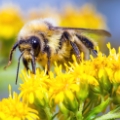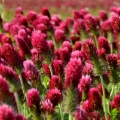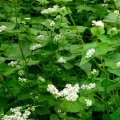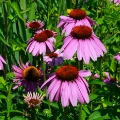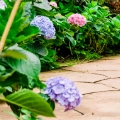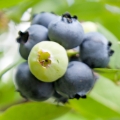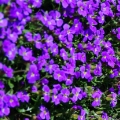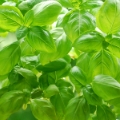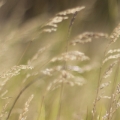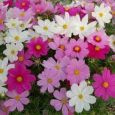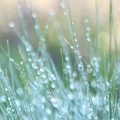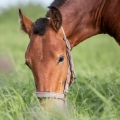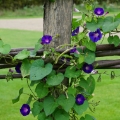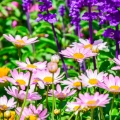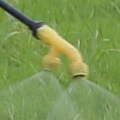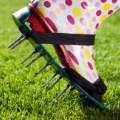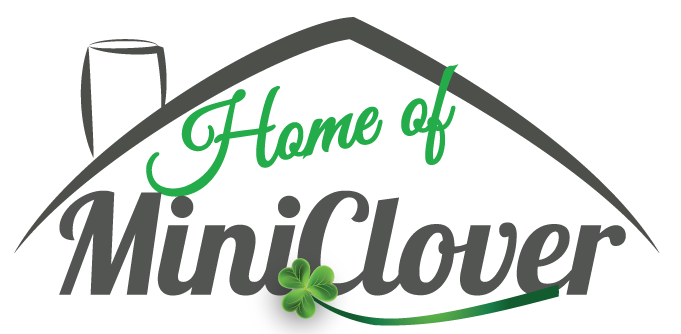Burdock Seeds

Herb Specifications
Season: Biennial
USDA Zones: 2 - 10
Height: 60 inches
Bloom Season: Late spring to mid summer
Bloom Color: Purple
Environment: Full sun to partial shade
Soil Type: Well drained, moist soils
Deer Resistant: Yes
Latin Name: Arctium Lappa
Planting Directions
Temperature: Sow at Max 41F, germination irregular often several months
Average Germ Time: 30 - 90 days
Light Required: Yes
Depth: 1/4 inch
Sowing Rate: 2 - 3 seeds per plant
Moisture: Keep seeds moist until germination
Plant Spacing: 36 - 48 inches
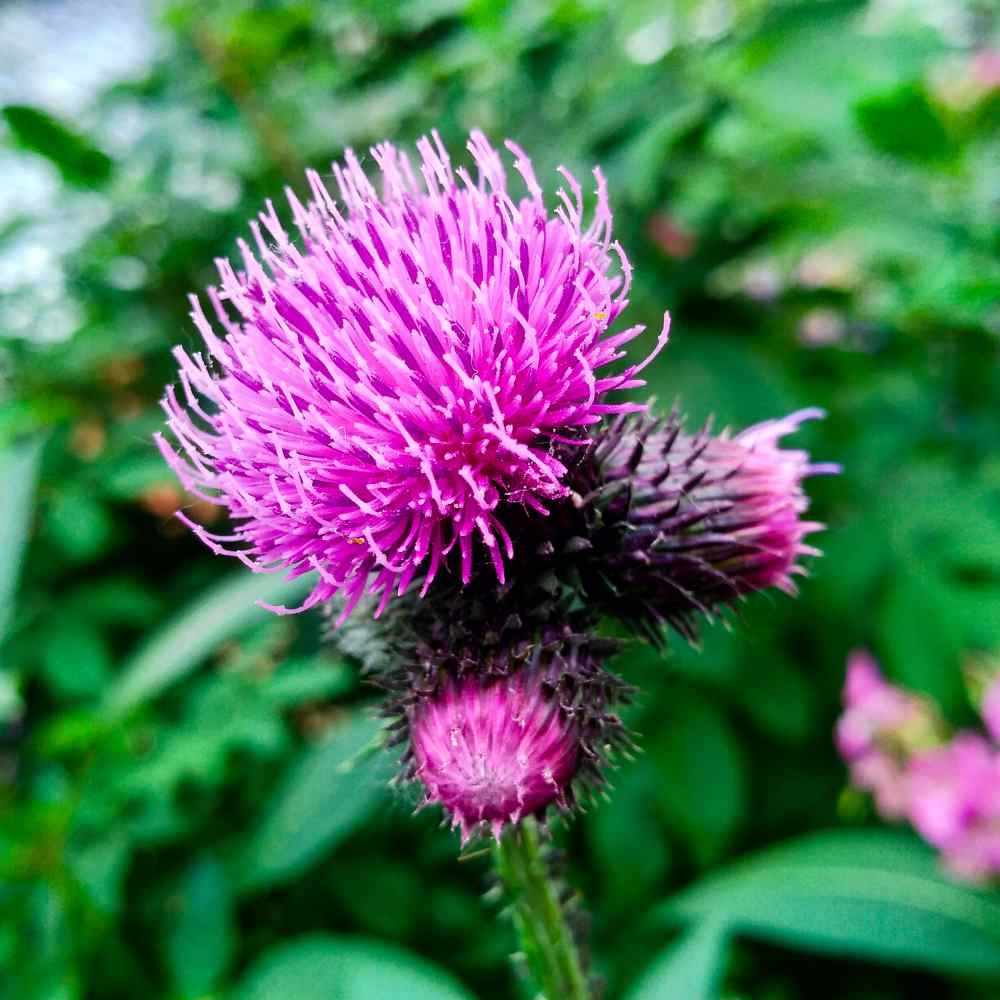
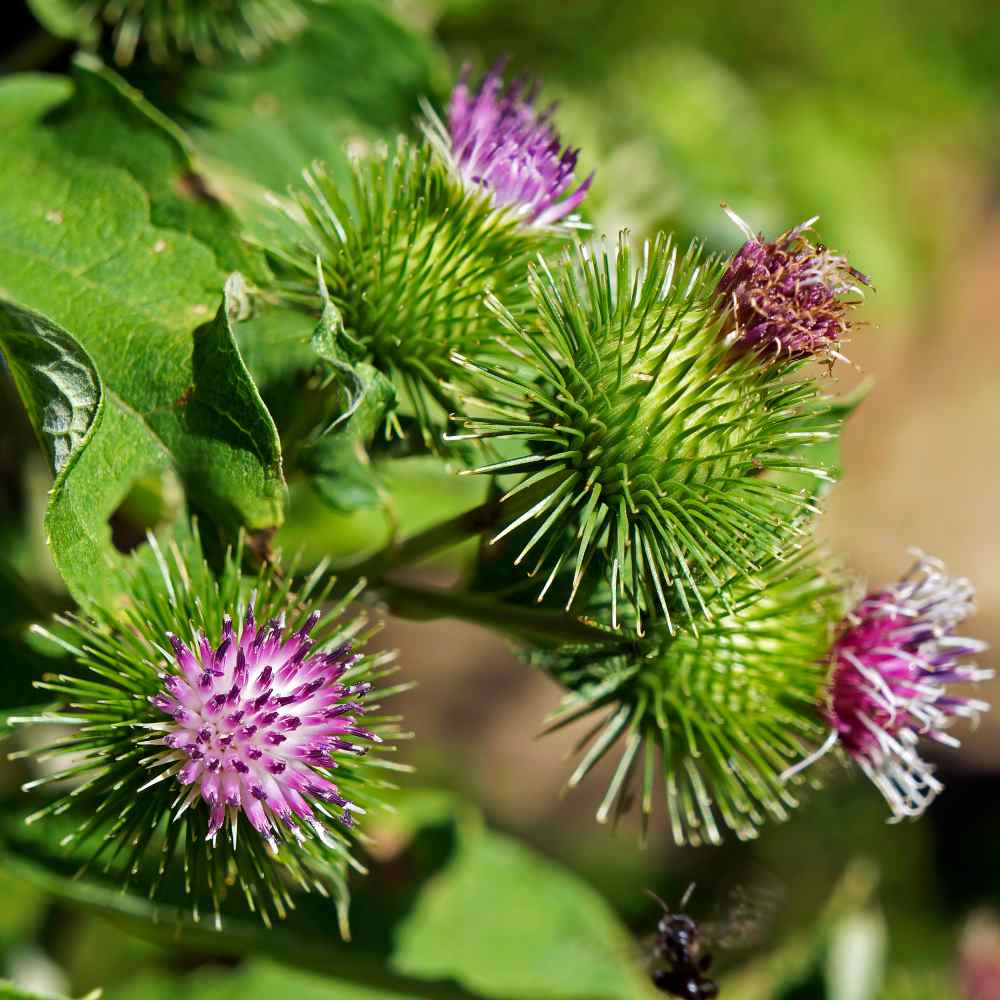
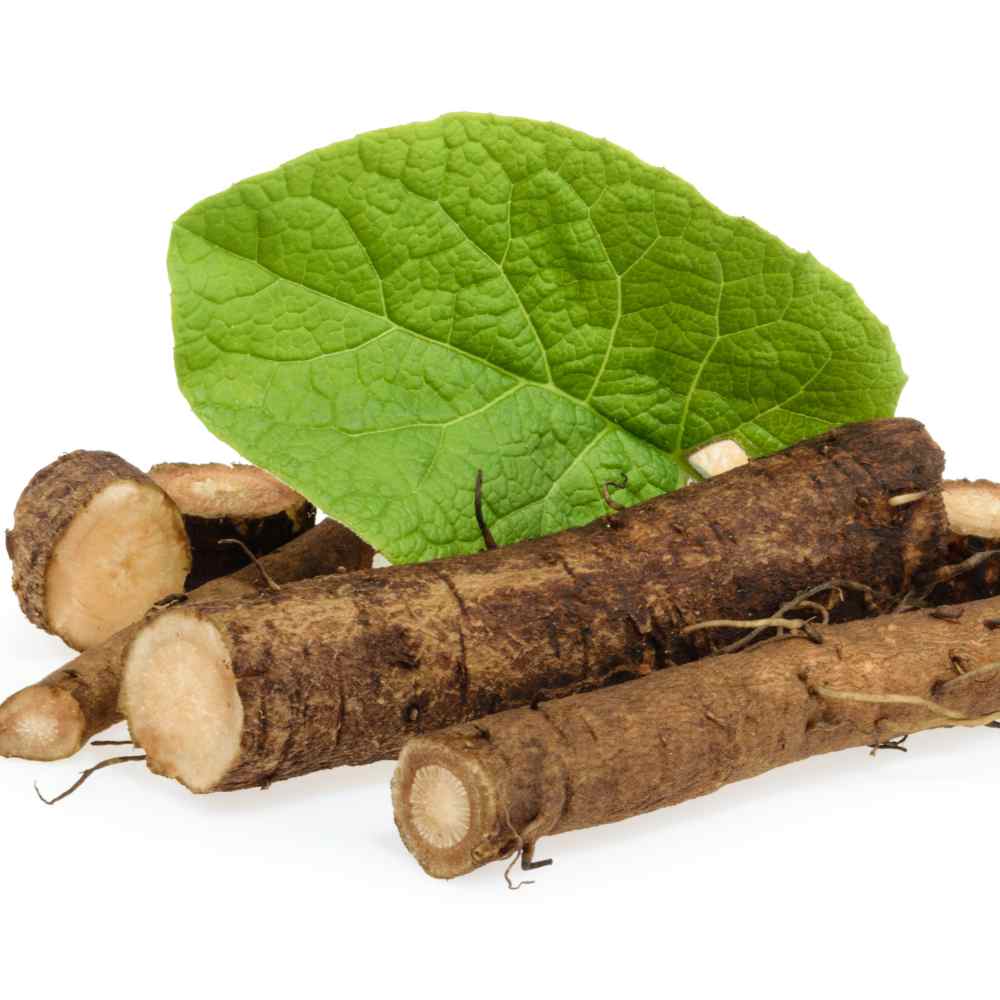
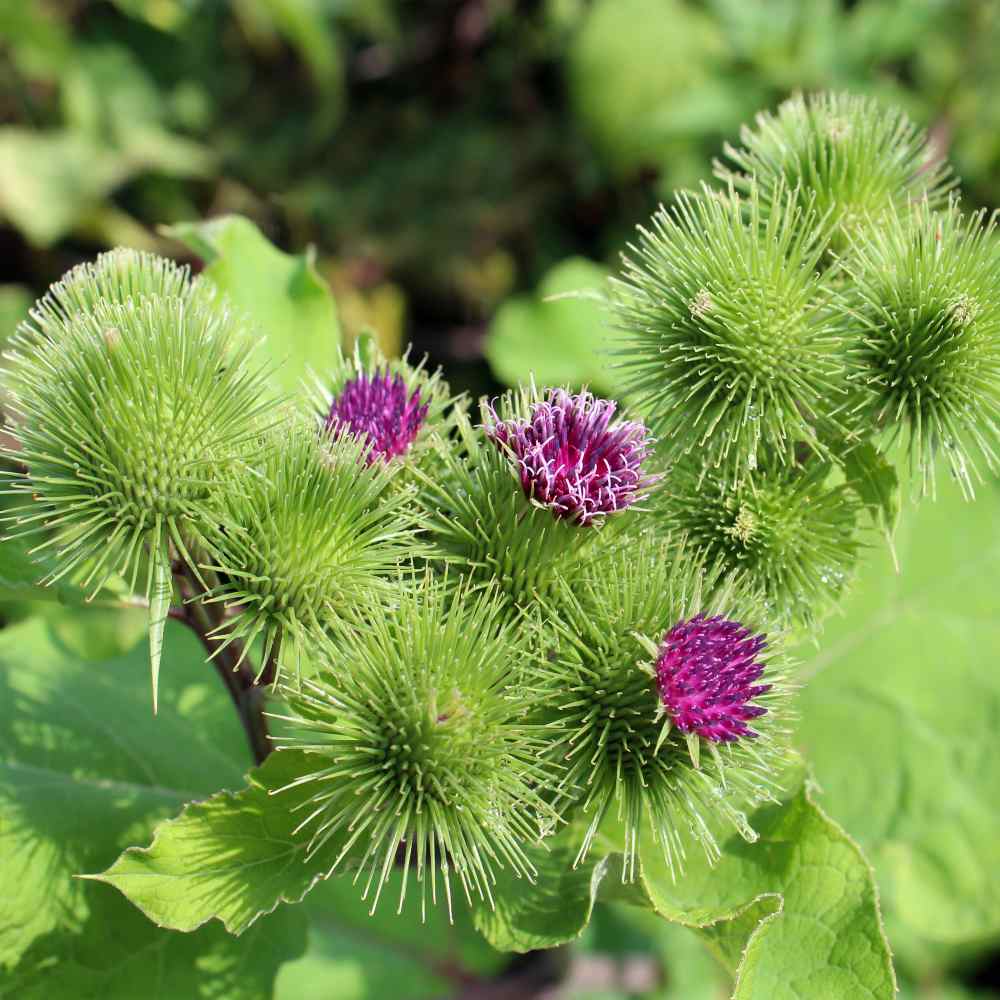
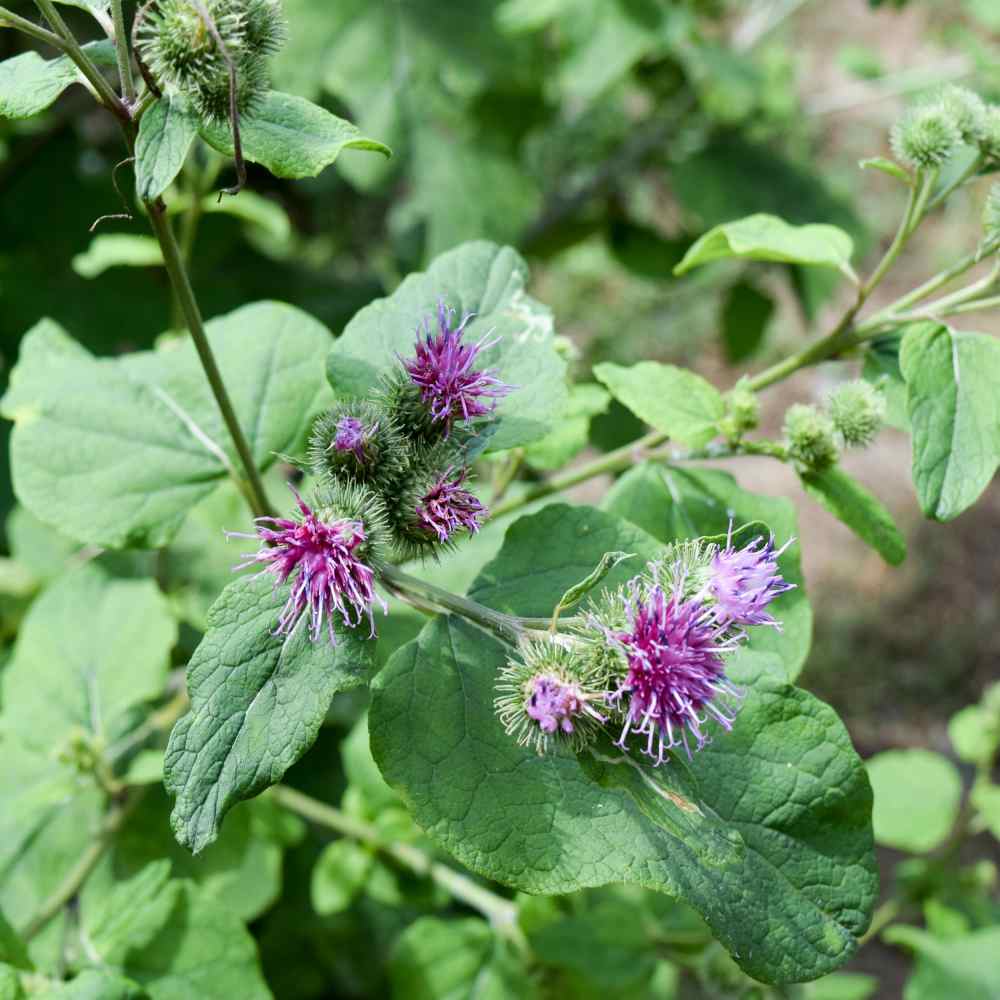
Burdock (Arctium Lappa) - Burdock, or also called Great Burdock, is a robust biennial herb plant grown from herb seeds with long-stalked leaves. The Great Burdock herb is a nutritious vegetable and medicinal herb used as a remedy for measles, arthritis, tonsillitis, viruses like colds, throat pain, and as a diuretic. In modern times, Burdock is also used in oncology and to treat many other serious health problems. Great Burdock plant stalks are cooked like celery. The Burdock root is eaten raw or cooked like parsnips. Great Burdock herb seeds can be sprouted.
How To Grow Great Burdock: Start Burdock seeds directly outdoors as soon in the spring as the soil can be prepared. Cover the Great Burdock seeds with light soil and lightly tamp down. Burdock plants grow along roadsides, in open fields, at the edges of woods, and anywhere ground has been disturbed just as most thistles would. Because it is a biennial, the first year Burdock only forms a cluster of large leaves. The large leaves grow from a carrot-like root that can penetrate over two feet into the ground. It is this Burdock root that is most often used in herbal medicine. After a year of growth, Burdock puts forth a branched stalk with smaller leaves and, in the late summer, purple-pink flowers. In autumn, these flowers are replaced by round brown burrs that persist into the winter. The herb seeds contained in these burrs are also used medicinally.

